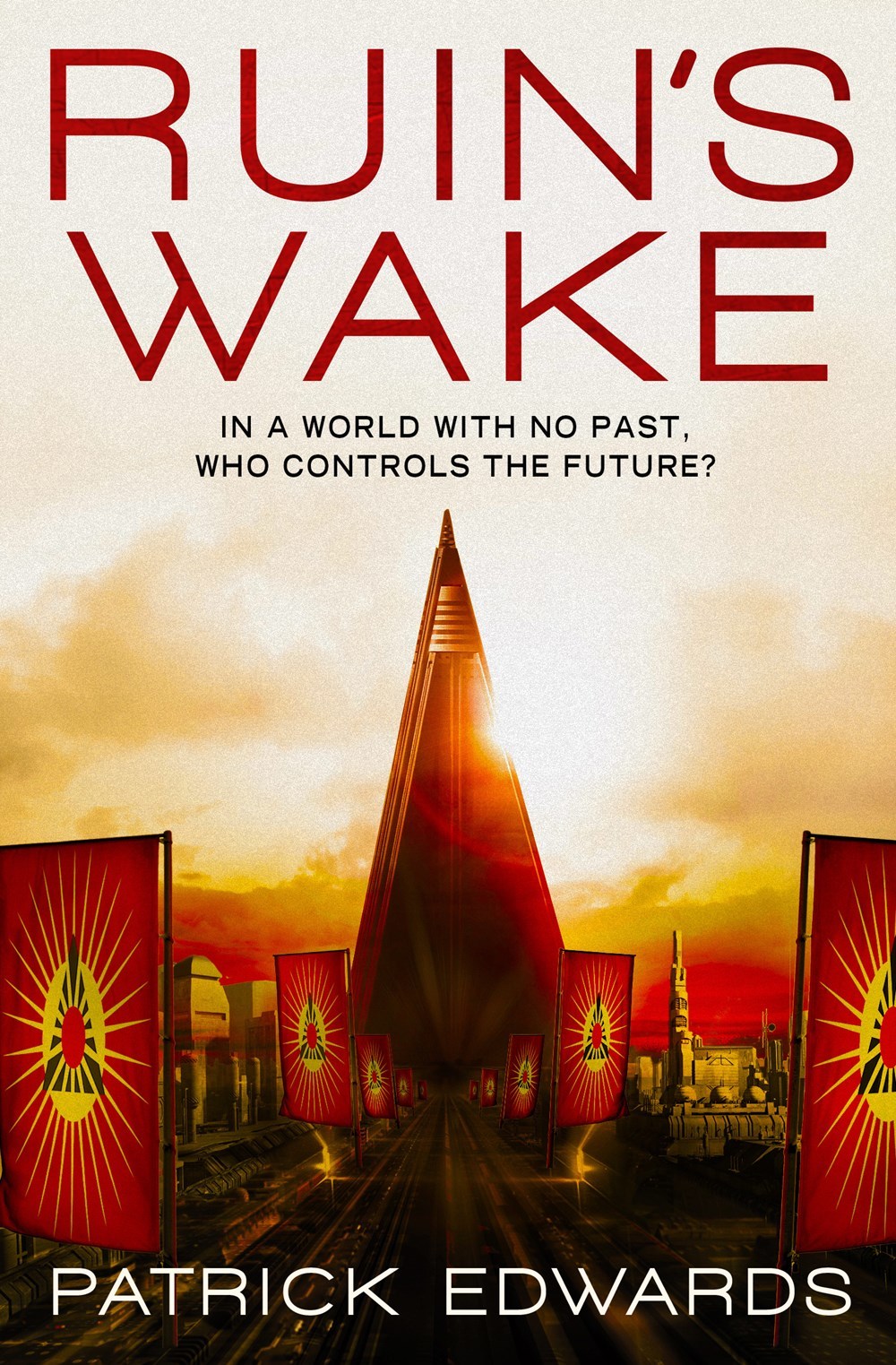Imperial Earth (1975) by Arthur C. Clarke isn't what I thought it was going to be. Just from the title, I was expecting some kind of space opera, I guess. My tablet says I'm 2/3rds of the way through, and I still couldn't tell you what the plot of the book is. It's kind of a meandering travelogue of a visitor from Titan in Washington D.C. in 2276 (the former United States is about to celebrate its 500th anniversary). It's a little dull, but I'll probably finish it just for the sense of completion. It is interesting to see how even one of the greats of speculative fiction of the mid-20th Century couldn't anticipate the technology that would develop in his lifetime, nevermind centuries hence. The communications technology of his far future is well behind our own today. Tim Berners-Lee was an undergrad when Clarke was writing this book, so I don't know if something like the Web was even a twinkle in his eye yet. The microprocessor was invented in the early '70s, iirc, so even if Clarke was aware of that technology's earliest forms, it might not have occurred to anyone what impact it would shortly have. I know that Gene Roddenberry & Co had put cell-phones in the hands of their characters in 1968, but to us, today, those Star Trek communicators are just quaint little flip-phones that can't do anything besides make calls. You couldn't even text on them. And again, Trek was set hundreds of the years in the future.
otoh, I am genuinely impressed with how exceptionally tuned-in to climate change and mankind's wrecking of its own environment Clarke was. We saw that in Do Androids Dream of Electric Sheep? (1968) of course, but for some reason when I read that, I just saw it as post-apocalyptic fiction. This book reads more like something genuinely cautionary (but hopeful). Reading this made me wonder if Clarke was vegan. It doesn't appear that he was, but I'm not sure when veganism became part of the Western zeitgeist. If he'd been 50 years younger, maybe he would've been. And perhaps being a British man in the '30s-'40s-'50s who preferred his vegetables to those American-style slabs of meat wouldn't have seemed so unusual, even if there wasn't a name for it? I dunno. Just thinking out loud.


